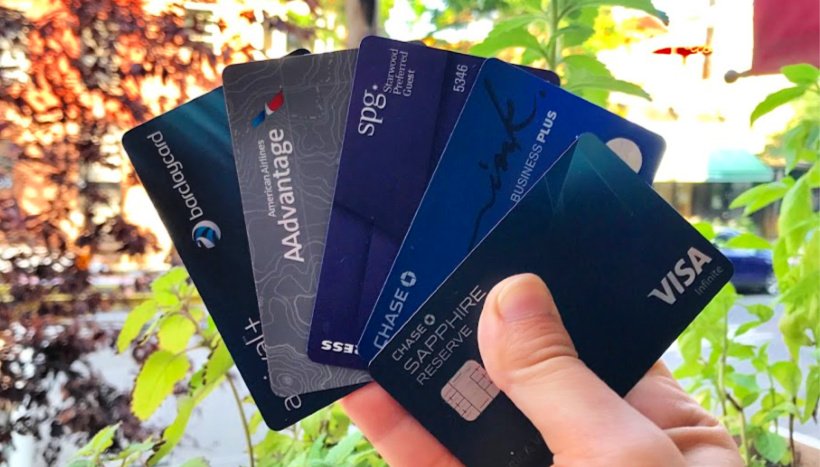Small business owners have a ton of things to think about on a daily basis. From revenue generation to customer service, there is always something to focus on and try to improve. Reducing your credit card processing fees is just one of the many things you can do to make your business more profitable.

Contents
Top 3 Ways to Reduce Credit Card
Processing Fees
While this might not be the most exciting part of your business, it is a really important thing to consider. Here, we’ll talk about some of the best ways to reduce credit card processing fees.
Use Address Verification (AVS)
This is a service that requires the customer to enter their address on the payment screen when they enter their credit card information. This will compare the address they entered to the one on file with the credit card company or issuing bank. If they match, the transaction will be approved. If not, the transaction will be rejected. This process can significantly decrease your risk of chargebacks, as well as lowering your transaction fees.
Be PCI Compliant
First and foremost, make sure your payment gateway is PCI compliant. If not, your processor will likely charge not only a monthly fee but also higher per-transaction fees. To avoid this, make sure you’re 100% PCI compliant. It not only lowers your fees, but it’s the right thing to do for your customers.
Negotiate with Your Processor
You can negotiate better rates with your credit card processor, as well. Give your processor a call and have a conversation about the various ways in which you can reduce your fees. They will likely say things such as AVS, PCI compliance, and reduced risk of fraud. You can also explore the different pricing plans offered by your processor.
For example, most processors offer a variety of pricing structures such as:
- Tiered plan: fees vary based on the type of transaction being made and the processor gets to categorize the transactions.
- Interchange-plus plan: a flat fee plus the interchange reimbursement per transaction.
- Flat-rate plan: there is one flat rate for every transaction, regardless of the card type or transaction type.
Generally, the least expensive option will be the interchange-plus plan. However, it will also be a little more complicated to understand.
Types of Credit Card Processing Fees
In order to effectively evaluate and negotiate your fee structure, you need to understand the different types of fees that exist. Knowing this information will help you be a more informed consumer when talking to your credit card processor.
Credit Card Transaction Fees
Credit and debit card rates vary based on the brand of the card being used. They can range anywhere from 1.5 – 3.5% for credit cards and around .5% for debit cards. The variability of these rates is often the result of something called interchange fees.
Interchange fees are paid from the acquiring bank to the issuing bank every time a purchase is made. Instead of paying the fees themselves, acquiring banks pass these fees on to the merchant. The interchange fees are determined by the card issuer, or brand (i.e. Visa, MasterCard, etc.).
The reason that debit card fees are so much lower than credit card fees is related to security. If someone is using a debit card with a PIN, the risk of fraud is significantly lower than that of a credit card. Fees will also vary based on the amount of the transaction, the type of business, and whether or not the card is present at the time of purchase.
Payment Gateway and Merchant Account Transaction Fees
Merchant accounts and payment gateways will also charge transaction fees for the use of their services. These fees will be in addition to the fees you are paying to the credit card issuing bank.
Your payment gateway will likely charge a per-transaction fee on top of the interchange fee. These fees tend to be much lower than the interchange fees, but are still something to be aware of. You will likely have much more room to negotiate these fees than those of the major credit card companies.
Additional fees may be charged by your merchant account provider, as well. These fees will either be monthly account fees or per-transaction fees. It is possible to negotiate lower or even no fees with your merchant account provider. Be sure to discuss this with your provider to find out how.
Other Fees
Some other fees to be aware of are:
- Foreign transaction or cross-border fees: these are fees that are charged to your account when accepting payments from customers overseas.
- PCI fees: as discussed earlier, if your business is not PCI compliant, you will be charged either monthly or per transaction because the card-issuing bank is taking on greater risk.
Payment Provider Options
There are a growing number of payment providers competing amongst one another for your business. This is a good thing because when companies compete for your business, you almost always win! Here is a brief description about the different types of products available and how their fee structures are set up.
Local Merchant Services Companies
-
- Interchange plus discount rate: Starting around 0.06% to 0.50%
- Tiered discount rate: 1.00% to 4.00%
- Transaction Fees: $0.05 to $0.30/transaction
Online Payment Services Companies
-
- Per card-present discount rate: 2.65%
- Online discount rate: 2.9% + $0.30
- Manually-entered discount rate: 3.4%
- Transaction Fees: $0.15 (manual) – $0.30 (online)
Online Payment Services Companies
-
- Pass-through pricing plus a set transaction fee
- Fixed Monthly Fee for services
- Costly a la carte service add-ons
Final Thoughts
Reducing your credit card processing fees is a great way to make your business more profitable. Knowing what the fees are and which ones are negotiable is critical to achieving this goal. Be sure to talk with your payment processor about your options and shop around before making a decision.

I am Arjun Kumar. I am the owner and administrator of Finance Gradeup. I have completed my education in Arts & Technology. Arjun Kumar usually has interests in playing games, reading and writing. He was a brilliant student during his college days. He also works for many private companies, but the main interest of Arjun Kumar is digital marketing. He thinks that reading is a must before providing any quality information to his readers. You can find Arjun Kumar on much social media handles online, or you can learn more about him in about us page.



